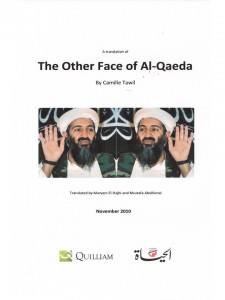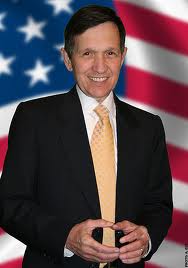By Michael Hertzberg
Center for Strategic & International Studies Dec 21, 2010
One possible improvement to the IAEA’s monitoring and verification regime would be enhancing the IAEA’s use of intelligence by formalizing cooperation with a multilateral security organization such as the North Atlantic Treaty Organization (NATO). Working through NATO, which has established procedures and infrastructure for sharing and disseminating classified information, would avoid many problems that occur in bilateral intelligence-sharing.
Phi Beta Iota: NATO does not have any intelligence collection or processing capabilities of its own; it is completely dependent on what its members choose to provide it–and as with intelligence provided to the UN (e.g. IAEA), this is generally impoverished if not blatantly misleading. The only viable solution for multinational intelligence is the establishment of a Multinational Decision Support Centre (MDSC) with Regional MDSC, all reliant primarily on Open Source Intelligence (OSINT), but all also having full-spectrum Human Intelligence (HUMINT) capabilities as well as Advanced Information Operations (IO) capabilities. The Americans must learn that in Epoch B, must must surrender control in order to gain command of the truth.






